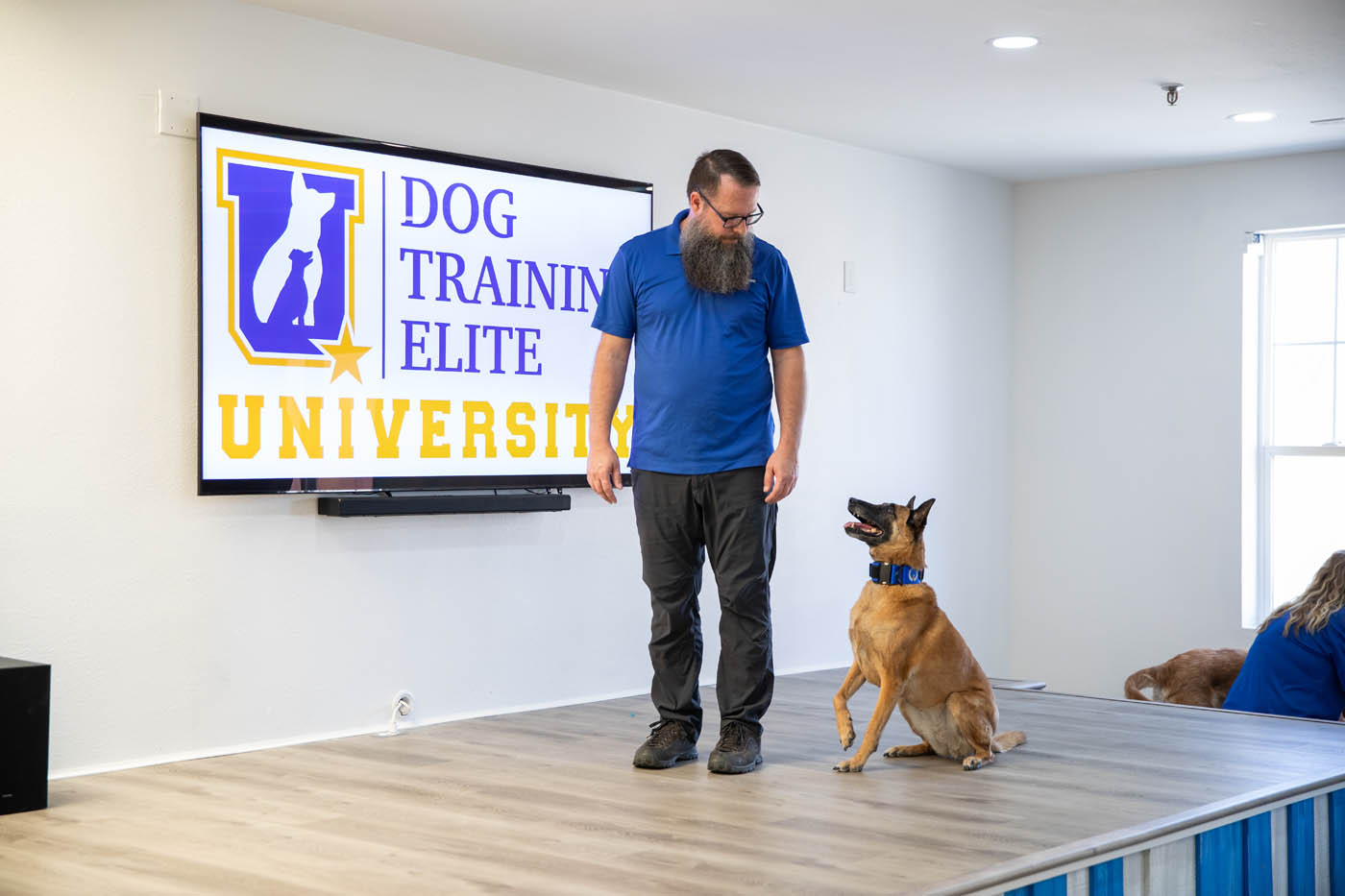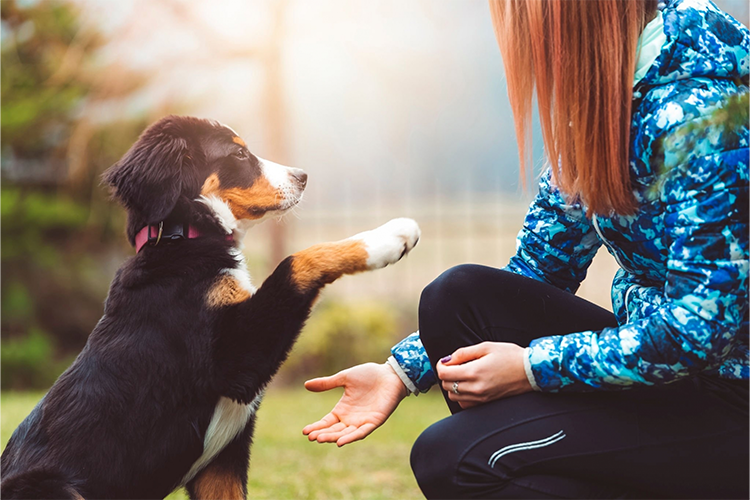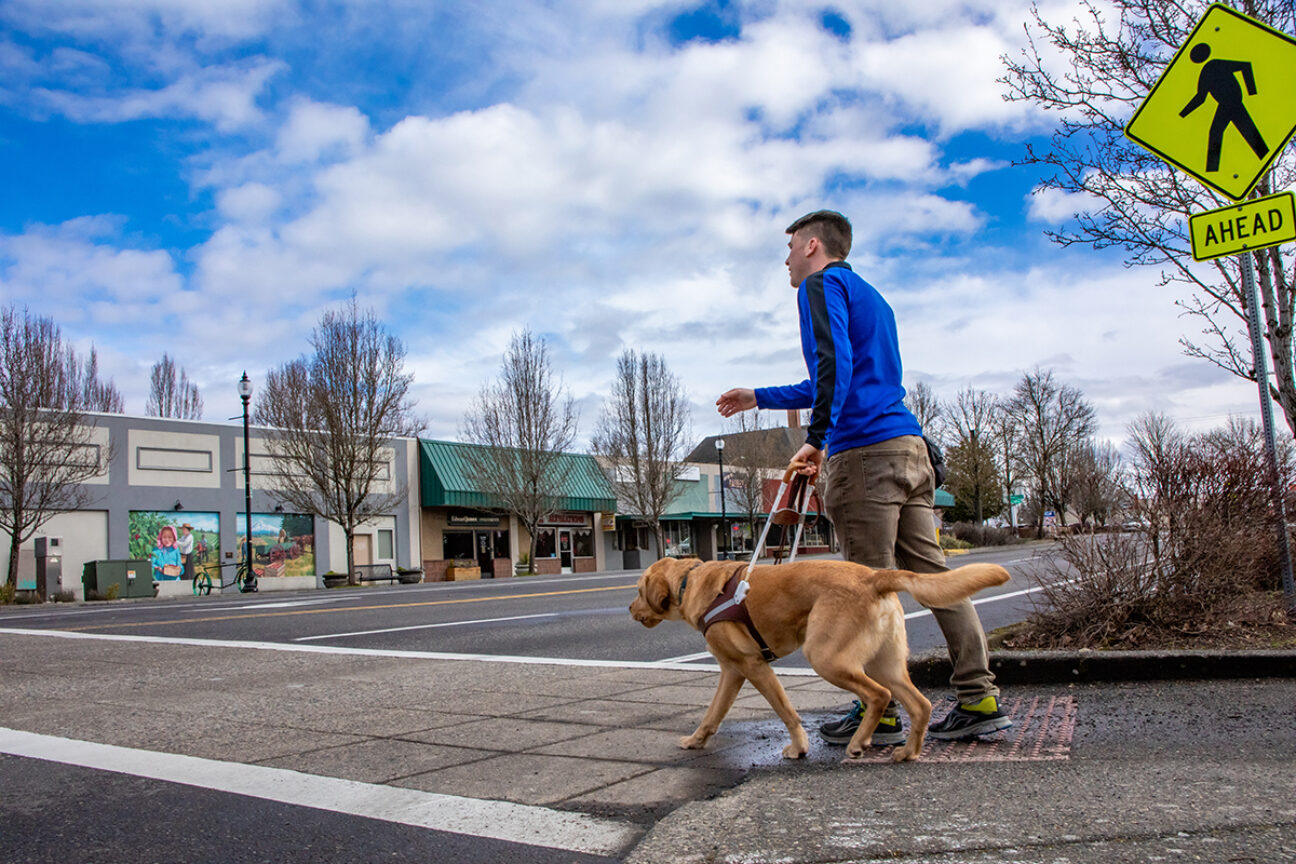The Ultimate Guide to Dog Training Charlotte: Techniques for Success
The Ultimate Guide to Dog Training Charlotte: Techniques for Success
Blog Article
Unlock Your Dog's Potential: Proven Pet Dog Training Techniques for Success
Reliable pet dog training is a nuanced process that pivots on understanding canine actions and using clinically backed methods. By integrating positive support, establishing clear commands, and prioritizing socializing, canine owners can grow a productive partnership with their animals.
Comprehending Pet Behavior
Understanding pet dog actions is important for efficient training and cultivating a positive partnership in between canines and their proprietors. A thorough understanding of canine body movement, articulations, and social communications is important for recognizing their feelings and needs. Canines interact mainly via non-verbal signs; for instance, a wagging tail might indicate excitement, while pinned ears can indicate concern or submission.

Moreover, ecological variables play a significant function fit a dog's actions. Adjustments in routine, brand-new surroundings, or the existence of unfamiliar individuals can cause stress and anxiety or anxiety in pet dogs. Recognizing these triggers enables owners to minimize damaging responses and establish ideal training approaches.
Inevitably, a deep understanding of canine actions lays the structure for effective training methods, improving both behavior and the overall bond between the canine and its proprietor. dog training near me. This understanding is vital for promoting a well-adjusted, happy canine friend
Favorable Support Strategies
Efficient training relies greatly on favorable support techniques, which have been revealed to yield substantial lead to shaping desired actions in pet dogs. This strategy includes rewarding a dog for displaying specific behaviors, thus enhancing the possibility that these habits will certainly be repeated. Benefits can take various types, including treats, appreciation, playthings, or play, depending upon what inspires the individual pet dog.

It is necessary to progressively phase out rewards as the canine finds out the habits, transitioning to periodic reinforcement. This method preserves the actions in time while preventing dependency on constant rewards. By focusing on favorable reinforcement, fitness instructors can grow a trusting partnership with their canines, promoting a healthy and balanced and participating training environment that improves overall obedience and efficiency.
Developing Consistent Commands
A basic aspect of effective pet training is the facility of constant commands. Consistency in commands is crucial for efficient interaction between the fitness instructor and the pet. When commands are uniform, canines discover to link certain words with preferred actions, which speeds up the training process and boosts understanding.
To establish consistent commands, it is necessary that all household participants utilize the same terms and gestures. For instance, if a single person utilizes "rest" while another claims "take a seat," it can produce complication for the dog. Select clear, distinct words for commands and make certain everyone included in the dog's training sticks to these choices.
Additionally, repetition is crucial. Reinforce commands with frequent technique, ensuring that the dog obtains ample chances to react properly. When a canine effectively adheres to a command, immediate favorable reinforcement ought to adhere to. This might be in the kind of deals with, praise, or playtime, strengthening the connection in between the action and the command.
Finally, be person. Establishing consistent commands requires time and effort. With dedication and clarity, you will assist your dog develop a strong understanding of expectations, ultimately leading to a well-behaved companion.
Socializing and Direct Exposure
Mingling a pet is vital for fostering a certain and well-adjusted buddy. This process involves exposing your pet to a variety of environments, individuals, and other animals to create their social skills and adaptability. Early socialization, preferably between the ages of three to fourteen weeks, is crucial, as it prepares for a pet's future actions.
Throughout socializing, purpose to give positive experiences in various setups, such as parks, busy roads, and homes with other pets. Introduce your canine to various stimulations, consisting of sounds, sights, and scents, making sure that each experience is rewarding. This direct exposure aids alleviate fear and anxiety, paving the means dog corrector for a much more resistant canine.
Involving in controlled group play sessions with various other pet dogs can additionally improve social skills, showing your animal proper interactions and boundaries. Focusing on socializing will dramatically add to your pet's general happiness and behavior throughout their life.
Overcoming Common Educating Difficulties

One more constant issue is disturbance. Pet dogs may battle to focus in busy or unknown settings. Gradually desensitize your dog to disturbances by starting training in a peaceful environment and slowly introducing more stimulations as they end up being skilled (Dog training). Favorable reinforcement methods, such as treats and praise, can preserve motivation and focus.
In addition, behavior concerns like leaping or too much barking can become aggravating. Address these by educating alternate habits, such as resting steadly when greeting visitors. Consistency and patience are vital; reinforce preferred behaviors continually and avoid abuse, which can cause confusion.
Finally, identify that each canine is special, and training timelines may vary. Dressmaker your approach to your pet's individual requirements, and look for specialist support if needed. With perseverance and the ideal strategies, getting rid of these difficulties can cause a trained, delighted canine companion.
Verdict
Finally, opening a pet dog's potential necessitates a detailed method that incorporates an understanding of canine behavior, the application of positive support techniques, and the establishment of regular commands. Early socialization and exposure to varied settings better enhance a pet dog's adaptability and self-confidence. By resolving common training challenges with customized methods and patience, a cooperative and unified partnership between dog next and handler can be cultivated, inevitably causing a well-behaved friend with the ability of flourishing in visit the site various scenarios.
Reliable pet training is a nuanced process that hinges on comprehending canine actions and employing scientifically backed methods.Understanding canine actions is necessary for effective training and cultivating a positive connection in between canines and their proprietors.Efficient training counts greatly on favorable support techniques, which have actually been shown to produce considerable results in shaping desired actions in dogs. When commands are uniform, canines learn to connect certain words with desired behaviors, which accelerates the training procedure and improves understanding.
In conclusion, opening a pet dog's potential demands a detailed technique that incorporates an understanding of canine behavior, the application of positive reinforcement techniques, and the establishment of consistent commands.
Report this page